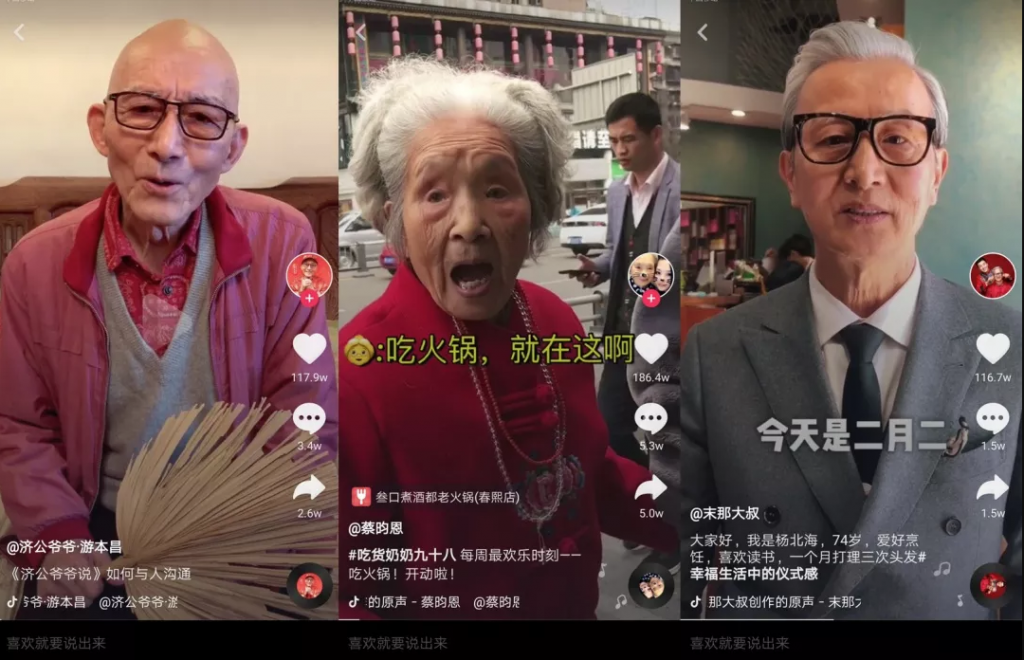The HGIS lab plans to recruit several student volunteers for an ongoing project to understand how TikTok (a social media video app) serves as an emotional care space for Chinese older people. The completion of this project highly relies on collecting social media data from TikTok, analyzing, and visualizing such a big dataset, and finally, we hope to draw meaningful insights from the empirical study.

The project is currently recruiting undergraduate research assistants to help with data gathering and data analysis. While helping with this project, volunteers will also learn web crawling and hone skills in geospatial big data analysis. Moreover, you will learn how to make sense of social media data using social and critical theories.
The student volunteers need to work with us for 3 hours per week for at least 6 weeks. The professor/supervisor will provide necessary guidance related to data collection, processing, and data visualization. Meeting between the professor/supervisor and the volunteers will be held irregularly based on the project progress and the requests from the students. Ideally, we hope the candidates will have some prior experience in web crawling and python programming. Students who can speak Mandarin are preferred due to the topic of this project is relevant to a Chinese context.
If you are interested in this research opportunity, please contact Dr. Bo Zhao via zhaobo@uw.edu for more information.